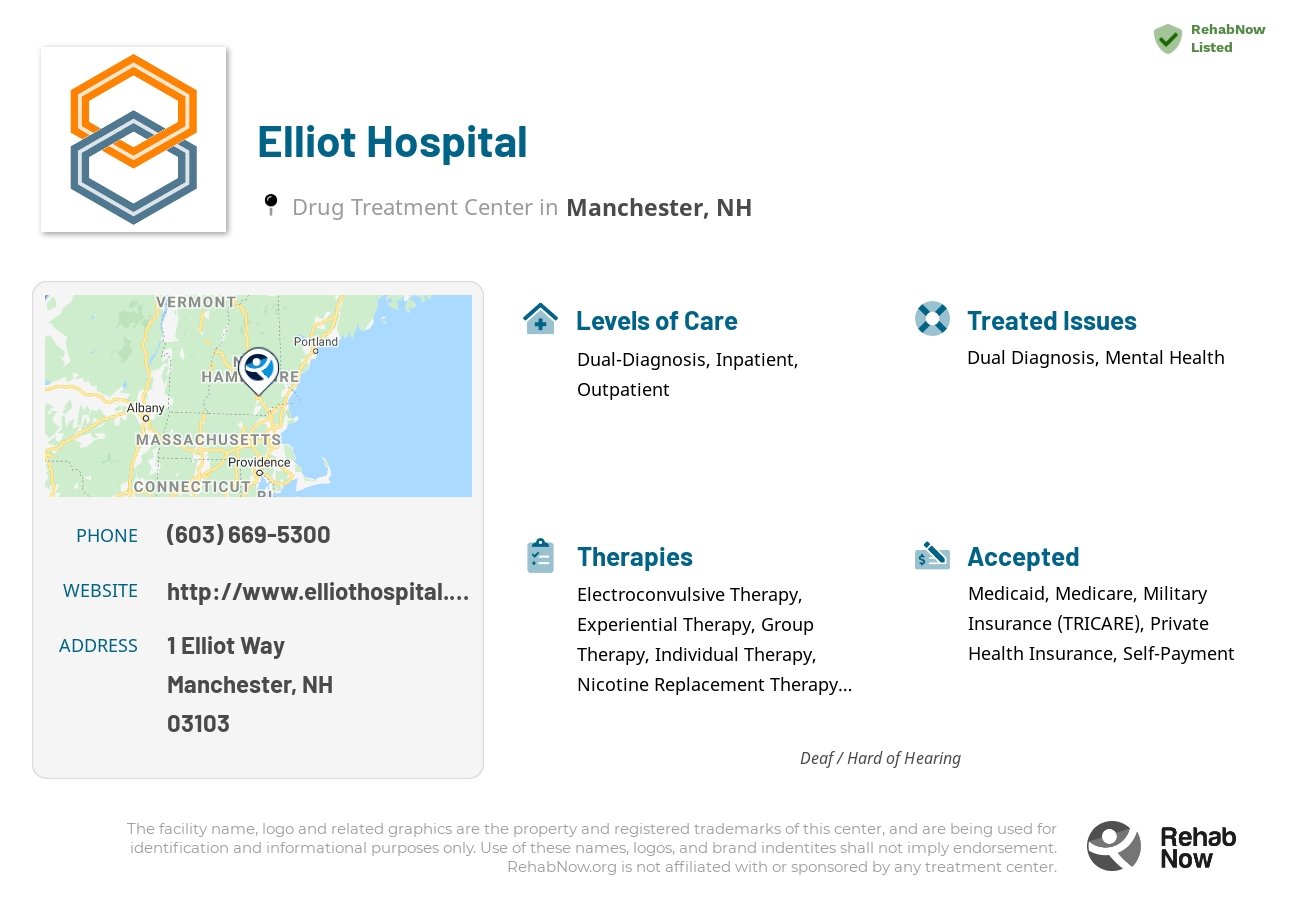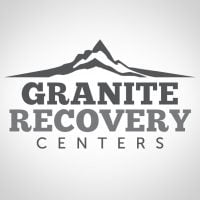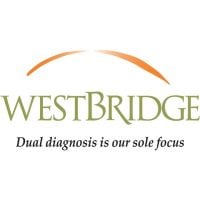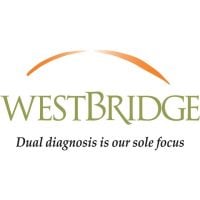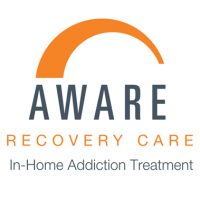
Elliot Hospital
Drug Rehab Center in Manchester, New Hampshire
- Mental Health
- Dual Diagnosis
Elliot Hospital in Manchester, NH offers comprehensive mental health and dual diagnosis treatment with 24/7 care in various forms, including individual, group, and experiential therapy, and accepts private health insurance to provide top-quality care for all ages.
About Elliot Hospital in New Hampshire
Elliot Hospital in Manchester, New Hampshire offers comprehensive mental health and dual diagnosis treatment. They provide 24/7 care in inpatient, outpatient, and residential forms and have a variety of specialty services and therapies, such as electroconvulsive therapy, experiential therapy, group therapy, individual therapy, nutrition therapy, and nicotine replacement therapy (NRT). The treatment facility accepts private health insurance to ensure top-quality, accessible care.
Elliot Hospital is dedicated to providing empathetic and compassionate care to individuals of all ages. Their team of specialists is dedicated to developing individualized treatment plans tailored to each client’s needs, and they strive to create an environment that is safe, supportive, and encouraging. They are committed to helping clients reach their full potential and regain their independence, while providing ongoing education and support to ensure sustainable recovery.
Genders
Ages
Modality
Additional
Conditions and Issues Treated
Dual-Diagnosis
When someone in struggles with both addiction and mental or emotional illness, this is considered a dual diagnosis. Dual diagnosis treatment can include therapy for these issues to happen simultaneously, which will allow either of them to be treated effectively.
Sometimes people who have suffered from addiction disorder also suffer from co-occurring disorders such as depression, anxiety, bipolar disorder, etc., making them “dual diagnoses.” Dual diagnoses require specialized treatment programs where drug and alcohol addiction are addressed along with psychiatric illnesses. Some rehabilitation facilities provide patients suffering from cooccurrences a program with highly integrated services and a clean environment with few distractions to help them succeed.
Dual Diagnosis (Co-Occuring Disorders), Mental Health
Levels of Care Offered
This center offers a variety of custom treatment tailored to individual recovery. Currently available are Dual-Diagnosis, Inpatient, Outpatient, with additional therapies available as listed below.
Inpatient Treatment Program
Inpatient treatment for alcoholism or drug addiction is an option that provides the addict with a supportive environment in which they can stop using. After detox, an inpatient treatment center provides a structured environment for the addict to recover from their addiction and begin taking steps toward a lifetime of sobriety.
This type of treatment is appropriate for addicts that are most in need of intensive care and supervision. This includes those who were unable to quit on their own, those who need more structure than they can get in outpatient treatment, and those whose addiction has led them into legal trouble or severe health problems.
Outpatient Program
Outpatient treatment is often used for drug addicts in drug rehab. Outpatient treatment consists of counseling and therapy sessions. This form of treatment is also called ‘day-treatment’. The outpatient treatment process begins with the addict’s initial detox period, lasting about ten days.
Outpatient treatment is used for those who are at moderate risk for ‘slipping back’ into the addiction, for those who:
- Are not currently experiencing any side effects from withdrawal and can handle social pressure
- Can handle stressors that might trigger relapse
- Have a stable living environment or have moved out of their previous environment, which was not conducive to being sober
- Have a support system that allows them to go to a facility a few times a week while still keeping their current responsibilities
- Have no legal obligations, being either on parole or probation, that require them to seek treatment at a mandatory facility
- Are not currently experiencing any side effects from withdrawal and can handle social pressure
- Have a stable living environment or have moved out of their previous environment, which was not conducive to being sober
Therapies & Programs
Individual Therapy
Because no single treatment is effective for all addicts, the goal of treatment and therapy should be to figure out what works best for each individual. Tolerance and withdrawal levels differ from person to person, affecting the treatment intensity required. Addiction treatment should aim to help addicts develop healthy coping mechanisms for dealing with their addiction and its underlying causes.
Group therapy can help build a stronger support system and give addicts in Manchester, NH insight into their addiction that they gain through shared conversations. Group therapy occurs in a controlled group environment, exclusive of one on one meetings. This makes it safer for patients to feel comfortable sharing the struggles they’re going through and gaining perspective.
It’s important to remember that malnutrition can affect your mood and energy level, which affects your desire to get sober. Good nutrition helps keep your body strong against the familiar ravages of drug use–tuberculosis, hepatitis, abscesses, infections, etc. — as well as the physical symptoms of withdrawal. If you’re eating right, you’ll have more energy for productive activities and will have more strength to fight cravings.
Dual-Diagnosis, Electroconvulsive Therapy, Experiential Therapy, Group Therapy, Individual Therapy, Inpatient Treatment, Nicotine Replacement Therapy (NRT), Nutrition Therapy, Outpatient Treatment (OP), Residential Long Term (>30 Days)
Patient Experience
Experiential Therapy at Elliot Hospital
Experiential therapy uses engaging activities to help patients access deeper, often hidden emotions. For example, the patient could role-play a problematic situation or engage in activities like drawing, painting, poetry writing, music composition, exercising, or journaling to help process intense feelings.
Experiential therapy is a type of therapeutic approach that focuses on having patients work through problems, issues, or emotions by engaging directly in some real experience. Experiential therapy occurs face-to-face with a therapist who helps these people to explore their feelings first hand.
It is based on the belief that to truly understand and gain insight into oneself and behavior; it is necessary and helpful to have real experiences with the issues involved. Some therapists have developed the experiential therapy approach as a way of treating addictive behaviors or dealing with impulses related to addiction. It comes from an existential school of psychotherapy called ‘experiential existential.’
Payment Options Accepted
For specific insurance or payment methods please contact us.
Is your insurance accepted?
Ask an expert, call (888) 674-0062
Additional Details
Specifics, location, and helpful extra information.
Manchester, New Hampshire 3103 Phone Number(603) 669-5300 Meta DetailsUpdated November 25, 2023
Staff Verified
Elliot Hospital Patient Reviews
There are no reviews yet. Be the first one to write one.
Manchester, New Hampshire Addiction Information
Opioids such as fentanyl, heroin, and prescription opioids form the largest drug threat in New Hampshire. More than 80% of all New Hampshire treatment centers admissions were related to one or more of these three drugs. Opioids such as fentanyl, heroin, and prescription opioids form the largest drug threat in New Hampshire. Since 2002, rates of alcohol dependency have also been among the highest in the country. In 2015, almost 15% of the residents were admitted to treatment centers for alcohol abuse.
Manchester, New Hampshire has a moderate level of drug addiction and abuse problems. The most common substance that people are seeking treatment for is alcohol. Over 1,100 admissions to treatment centers for drug and alcohol abuse in Manchester in 2014. There are several addiction treatment centers in and around Manchester that can help individuals and families struggling with drug addiction and abuse.
Treatment in Nearby Cities
- Suncook, NH (10.2 mi.)
- Hudson, NH (15.1 mi.)
- Newington, NH (31.6 mi.)
- Canaan, NH (57.3 mi.)
- Portsmouth, NH (34.7 mi.)
Centers near Elliot Hospital

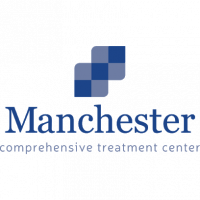
The facility name, logo and brand are the property and registered trademarks of Elliot Hospital, and are being used for identification and informational purposes only. Use of these names, logos and brands shall not imply endorsement. RehabNow.org is not affiliated with or sponsored by Elliot Hospital.


